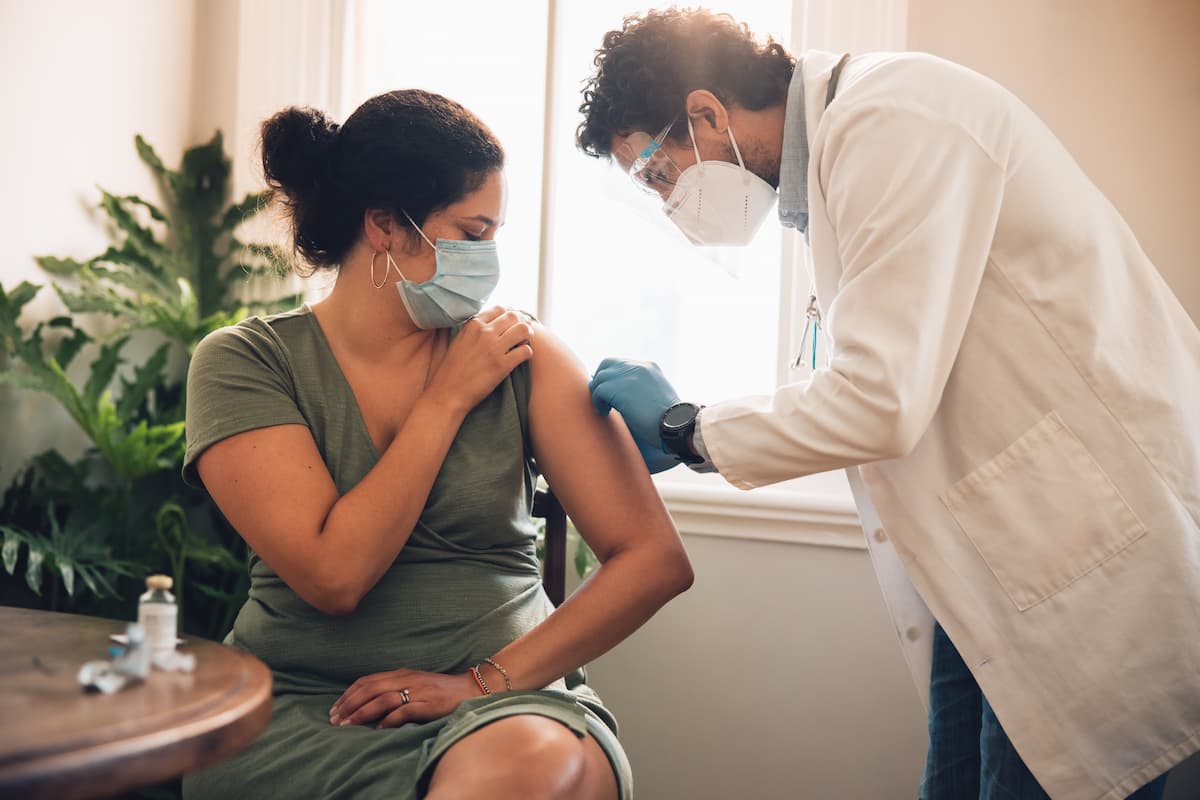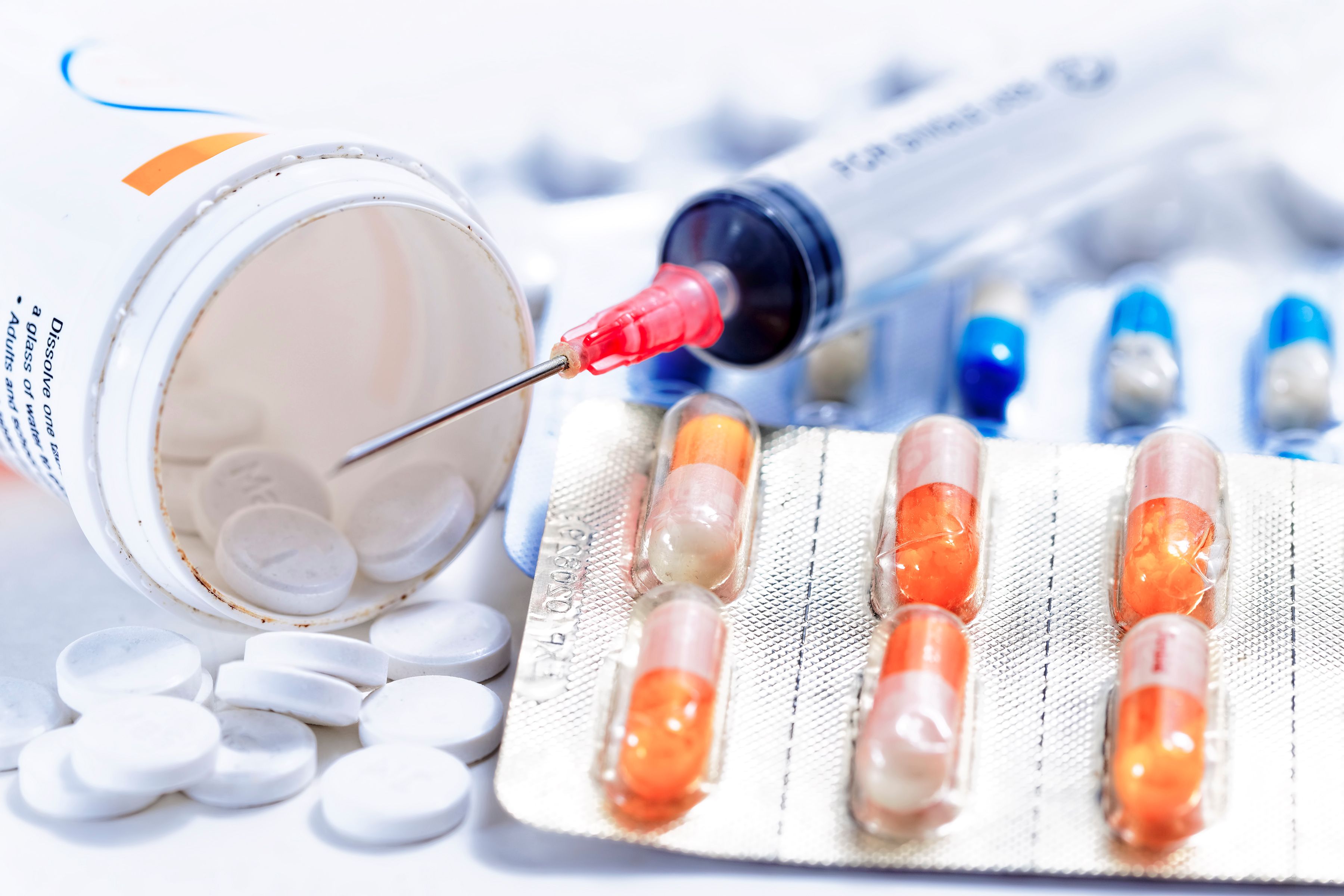Article
3 COVID-19 Vaccines Protect Individuals Treated for Cancer
Author(s):
Study results show that the type of vaccine patients received was a major factor in inducing an immune response, with those receiving mRNA shots faring better.
Individuals being treated for active cancer had lower immune responses to the 3 COVID-19 vaccines compared with healthier individuals, though they were still predicted to be protected, study results show.
“The vaccine side effects experienced by patients with cancer were similar to those experienced by healthy controls and were generally mild or moderate, which should be reassuring to patients,” Vivek Naranbhai, MBChB, PhD, DPhil, a clinical fellow at Massachusetts General Hospital (MGH) and the Dana-Farber Cancer Institute, said in a statement.
Investigators measured the individual’s concentration of antibodies against SARS-CoV-2 and neutralizing titers to determine how well the antibodies block the virus from entering cells.
Individuals with cancer responses to the 3 vaccines were lower compared with healthier individuals, but most have responses that are likely to be sufficient to protect against severe disease, while those who received treatments with immune checkpoint blockade tended to have enhanced immune responses.
The type of vaccine individuals received was a major factor in inducing an immune response, where individuals who received the Johnson & Johnson (J&J) vaccine had lower immune responses than those who received an mRNA vaccine.
Additional doses of the vaccine induced a higher immune response in those who received the booster dose, which was safe and well-tolerated.
Individuals who had a prior COVID-19 infection also had higher immune responses to the vaccine, while increasing age predicted lower response.
The immunity of the vaccines declined overtime.
Investigators included 1001 individuals with diverse hematologic and solid-organ malignancies treated at Mass General Cancer Center who had received 2 doses of the Moderna or Pfizer vaccines or 1 dose of the J&J vaccine.
Of the individuals, 32 had received a vaccine booster dose.
“We are also trying to learn more about how vaccines in general perform in patients with cancer, which may help advance ongoing research in vaccines for the treatment of cancer,” Naranbhai said.
The findings were published in the Journal of Clinical Oncology.
Reference
SARS-CoV-2 vaccines safe and immunogenic in most people with cancer. EurekAlert. News release. November 10, 2021. Accessed November 12, 2021. https://www.eurekalert.org/news-releases/934460
Newsletter
Stay informed on drug updates, treatment guidelines, and pharmacy practice trends—subscribe to Pharmacy Times for weekly clinical insights.

FDA Grants Full Approval to mRNA-1273 COVID-19 Vaccine in Children At Increased Risk




